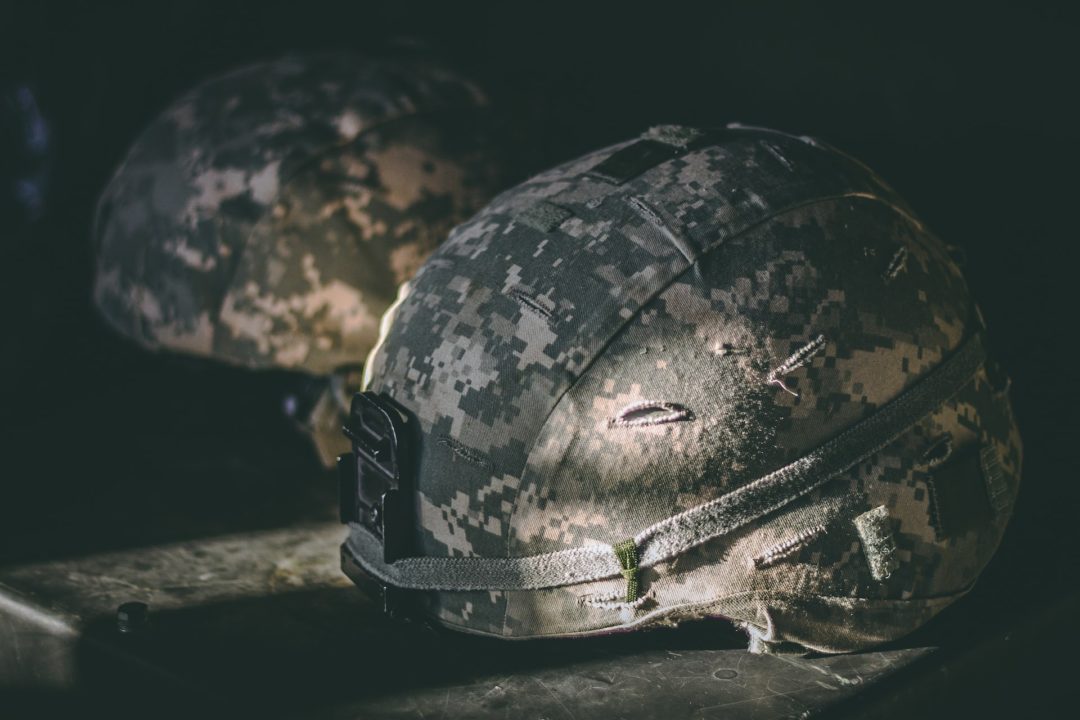MAPS advances its agenda to treat active-duty soldiers with psychedelics
Last week at a psychedelics conference in Miami, Rick Doblin, executive director of the Multidisciplinary Association for Psychedelic Studies (MAPS), made statements highlighting his group’s interest in providing psychedelic treatment to active-duty soldiers. Speaking on the main stage of the 2022 Wonderland Miami conference, Doblin said that providing active-duty soldiers access to psychedelics was “where […] Using psychedelics to help soldiers recover from such trauma, and perhaps get back in the field faster, is controversial in the psychedelics community. Photo: Unsplash.
This is Part of the "The Ecstasy of Agony" Dig series
Using psychedelics to help soldiers recover from such trauma, and perhaps get back in the field faster, is controversial in the psychedelics community. Photo: Unsplash.
This is Part of the "The Ecstasy of Agony" Dig series
Last week at a psychedelics conference in Miami, Rick Doblin, executive director of the Multidisciplinary Association for Psychedelic Studies (MAPS), made statements highlighting his group’s interest in providing psychedelic treatment to active-duty soldiers.
Speaking on the main stage of the 2022 Wonderland Miami conference, Doblin said that providing active-duty soldiers access to psychedelics was “where the biggest barrier is now.” Doblin was optimistic, though, as his group has apparently been in discussions at Walter Reed National Military Medical Center about making psychedelic treatments available to “soldiers still in service.” The comments were first reported in a November 7 Bloomberg article.
Regarding concerns that service members who use psychedelics may not want to return to service, Doblin said he did not think that would be the case for all soldiers.
“Would people all become hippies and leave the military? I don’t think that’s the case,” Doblin said. “Some people will choose to serve and some will not.”
As noted in part one of my Truthdig investigation, “Long Strange Loop,” MAPS first floated the idea of psychedelic treatments for active-duty soldiers in 2012. Many psychedelic users and commentators have taken issue with this idea, as well as with the argument, made in the MAPS Bulletin in 2021, that MDMA should be used for the treatment of “moral injury” in soldiers. Moral injury, according to the article, refers to the impact of complicity in actions one might morally disagree with, such as storming “into people’s homes at night, turning the house upside down looking for weapons, [and] taking fathers away from crying families to military prisons.”
In some cases, moral injury is a euphemism for participation in war crimes. Using psychedelics to help soldiers recover from such trauma, and perhaps get back in the field faster, is controversial in the psychedelics community, to put it mildly.
Responding to this Bloomberg write-up, medical cannabis researcher and ethicist Dr. Paula Cubillos, wrote that she “can’t help but think how questionable it is that all society seems to be so eager to offer veterans is access to substances to help them cope with their trauma, instead of making meaningful changes to mitigate that trauma to begin with.”
Your support matters…Independent journalism is under threat and overshadowed by heavily funded mainstream media.
You can help level the playing field. Become a member.
Your tax-deductible contribution keeps us digging beneath the headlines to give you thought-provoking, investigative reporting and analysis that unearths what's really happening- without compromise.
Give today to support our courageous, independent journalists.






You need to be a supporter to comment.
There are currently no responses to this article.
Be the first to respond.